22 Top Nutrient-Dense Vegetables For Your Daily Diet, According to Nutritionists
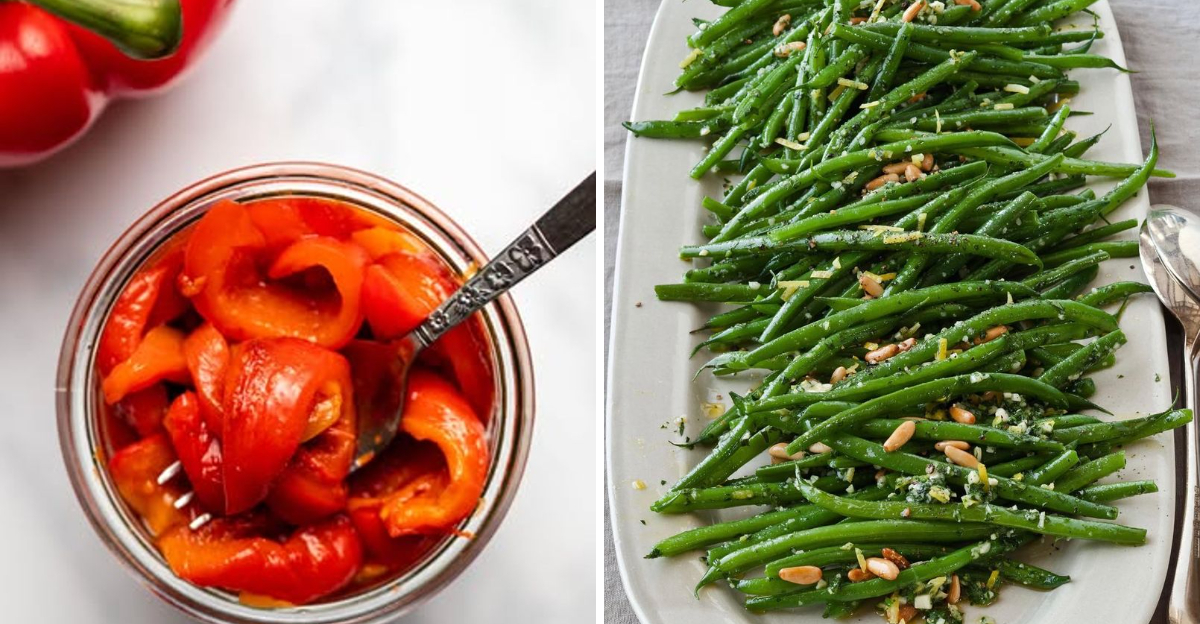
Eating a variety of nutrient-dense vegetables is essential for maintaining a healthy diet. These vegetables are packed with essential vitamins, minerals, and antioxidants that can improve your overall well-being. Whether you’re looking to boost your immune system, improve digestion, or simply add more flavor and color to your meals, these 22 vegetables will undoubtedly help you achieve your dietary goals. Embrace the power of plants and explore the culinary possibilities with these nutritious choices.
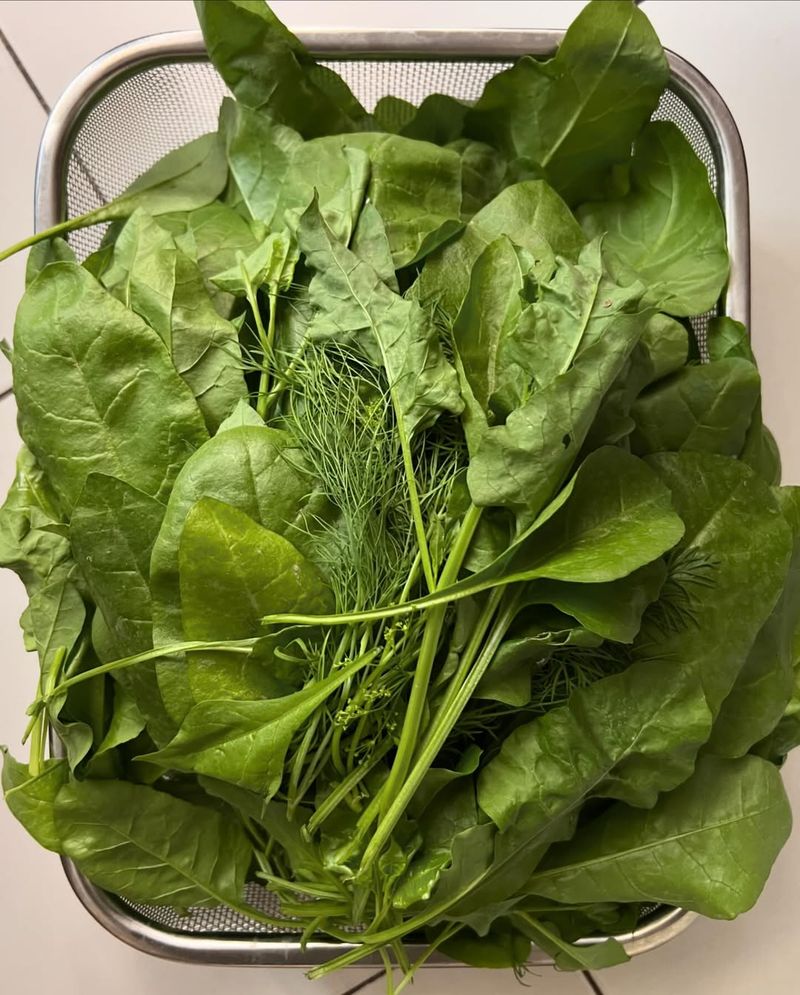
© sangeetaamkhanna 
© gafruitsandveggies 
© cookathomemom 
© saltandlavender 
© glowwithella 
© frommybowl 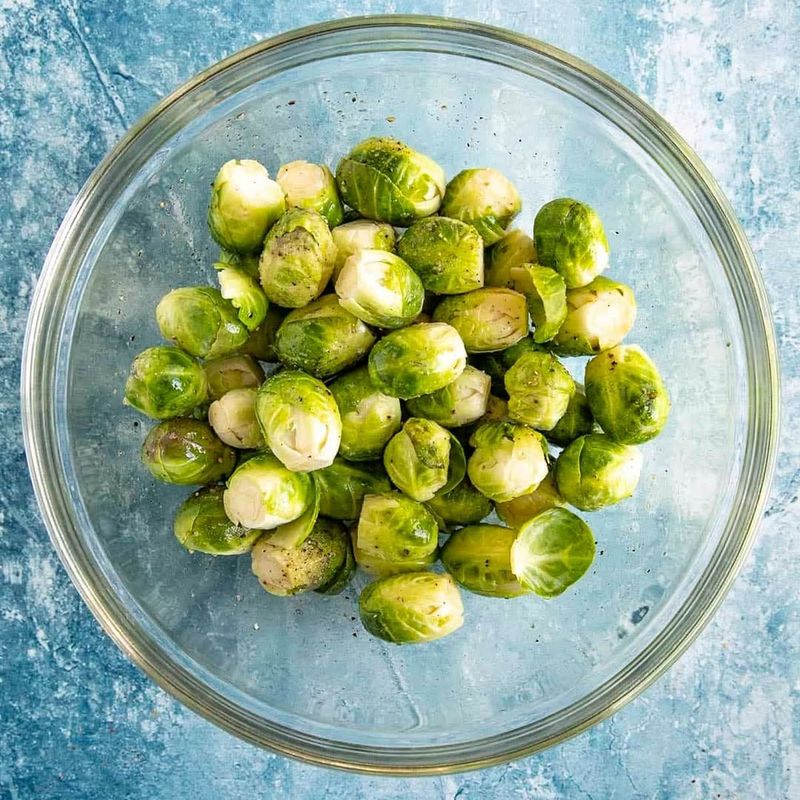
© chilipeppermadness 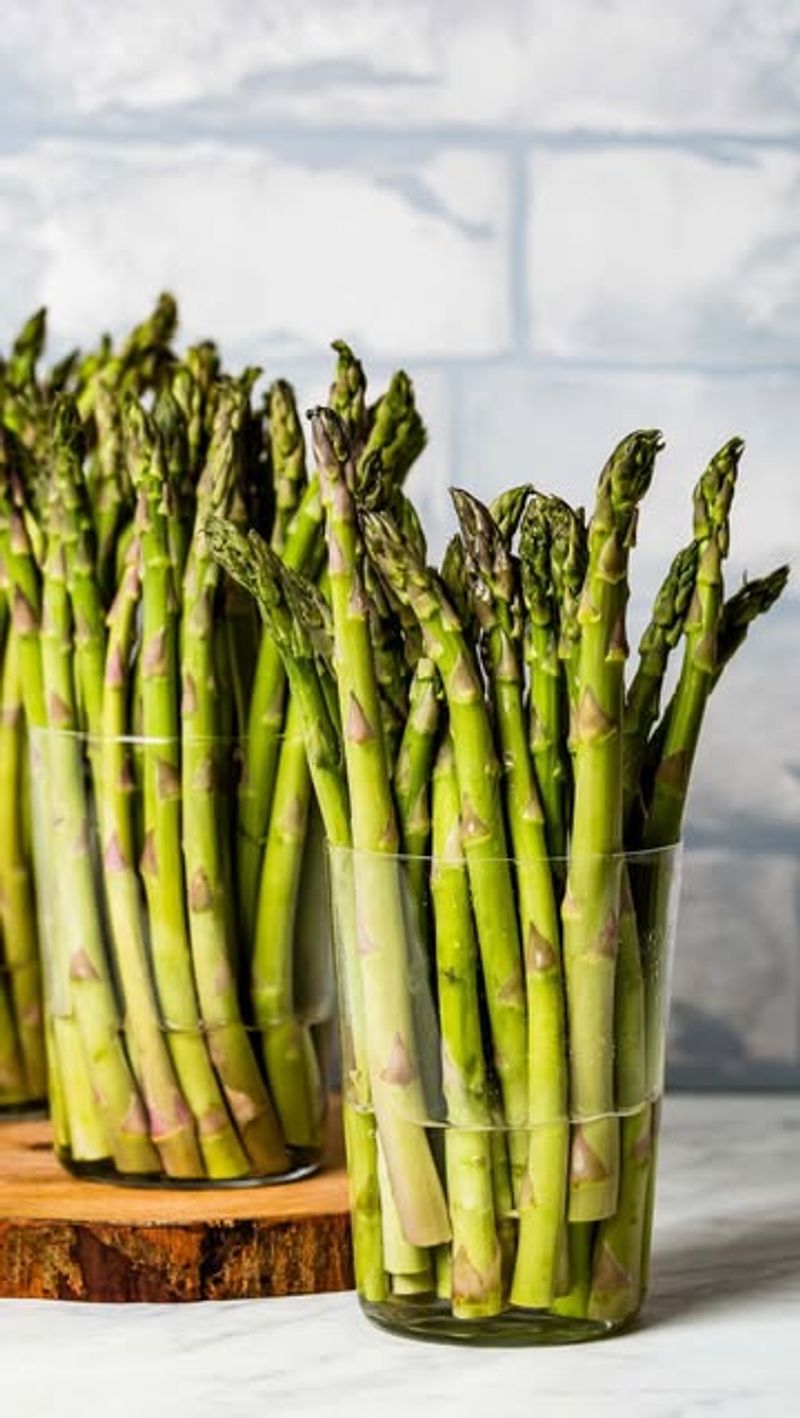
© foolproofliving 
© weaversorchard 
© pcfreshco 
© leelalicious 
© foodboxnz 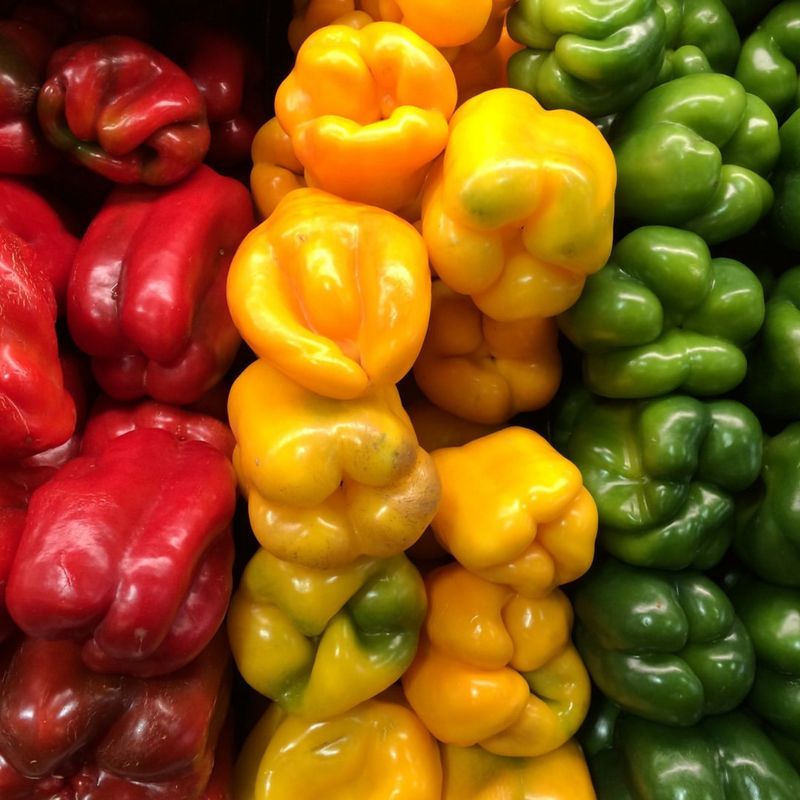
© uhartdining 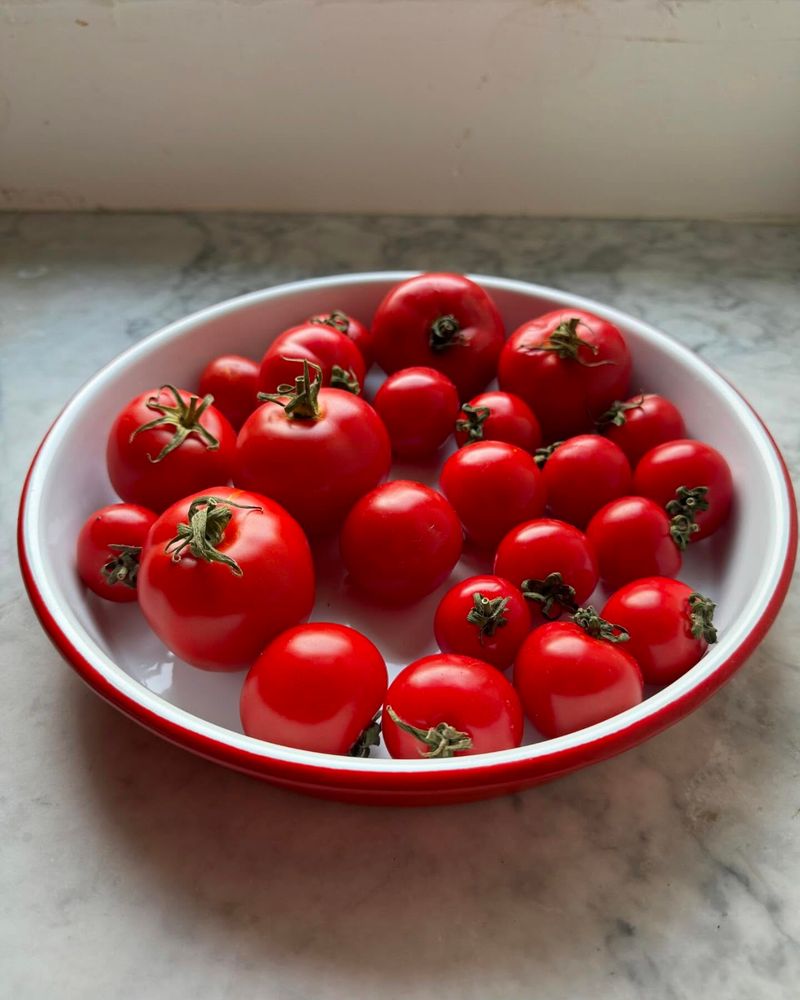
© ciaosamin 
© urbanfarmandkitchen 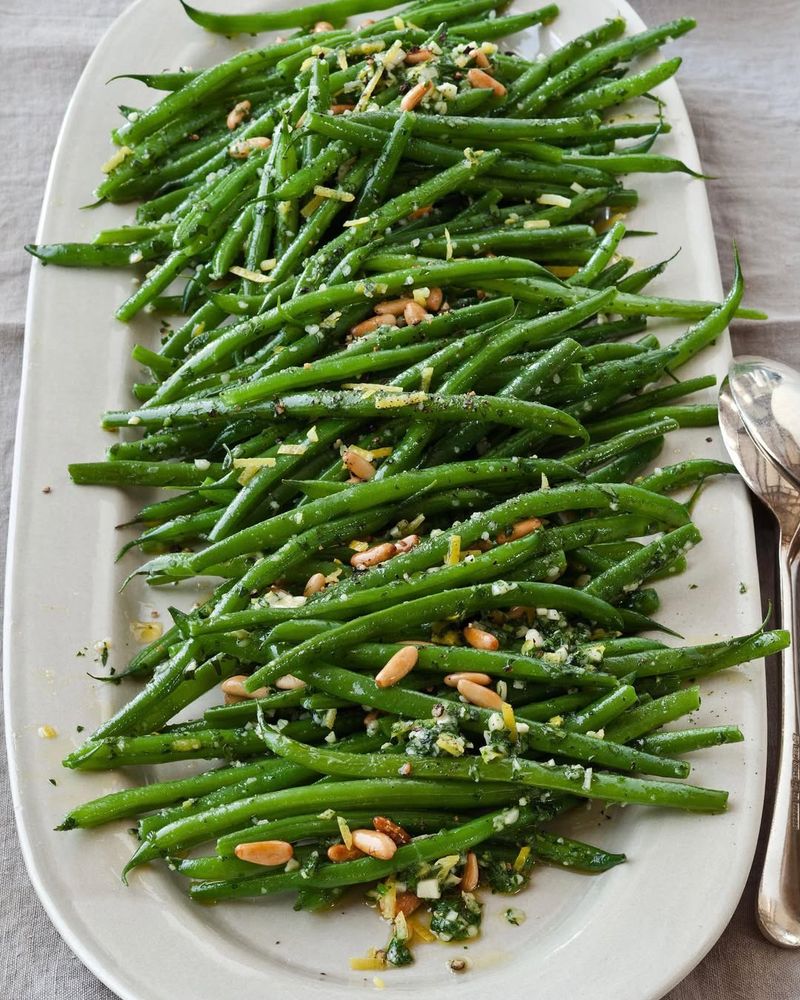
© inagarten 
© edibleboston 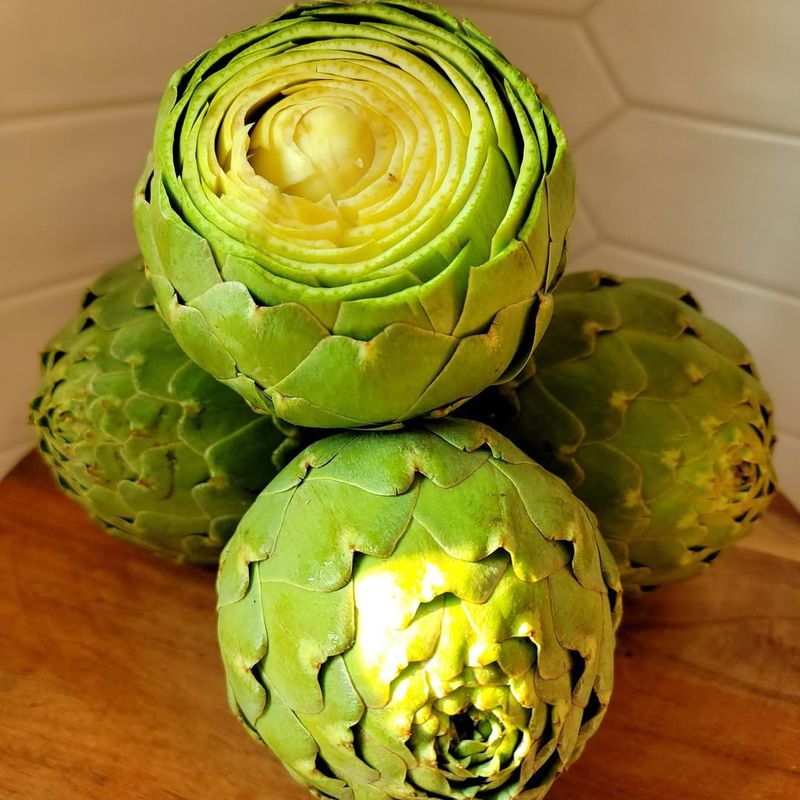
© thecrosslegacy 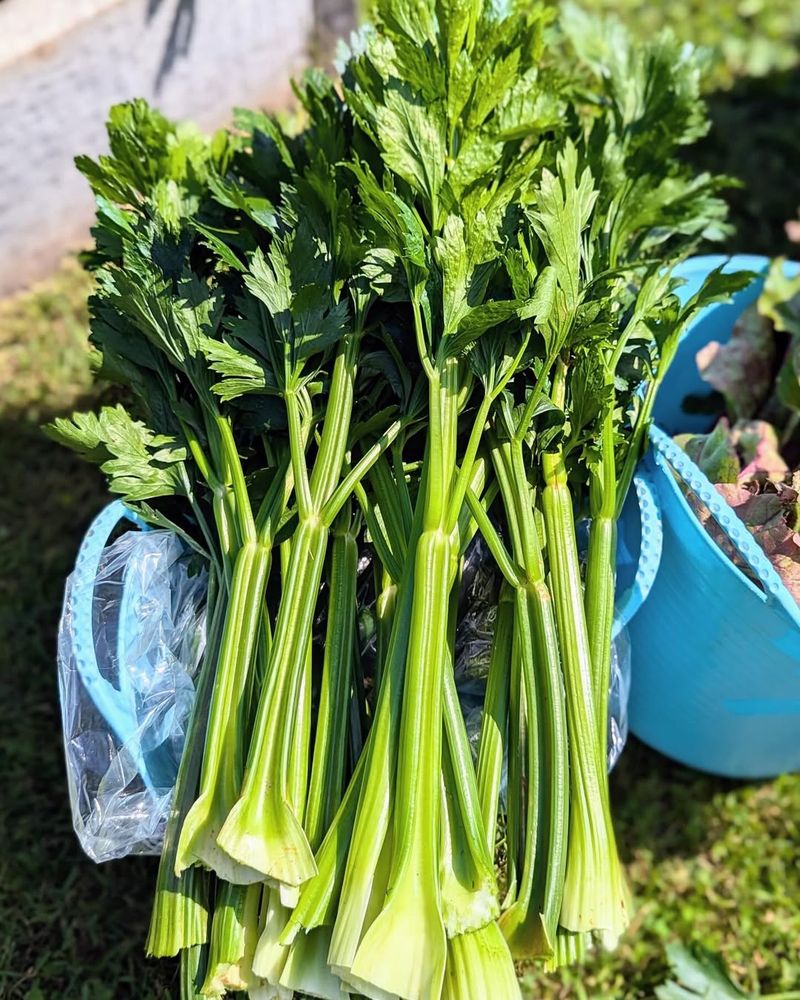
© marthastewart48 
© wildpatchpumpkins 
© fullcirclefarms 
© garden_marcus
1. Spinach

2. Kale

3. Broccoli

4. Sweet Potatoes

5. Carrots

6. Red Peppers

7. Brussels Sprouts

8. Asparagus

9. Cauliflower

10. Cabbage

11. Beets

12. Zucchini

13. Bell Peppers

14. Tomatoes

15. Eggplant

16. Green Beans

17. Leeks

18. Artichokes

19. Celery

20. Pumpkin

21. Radishes

22. Mushrooms

